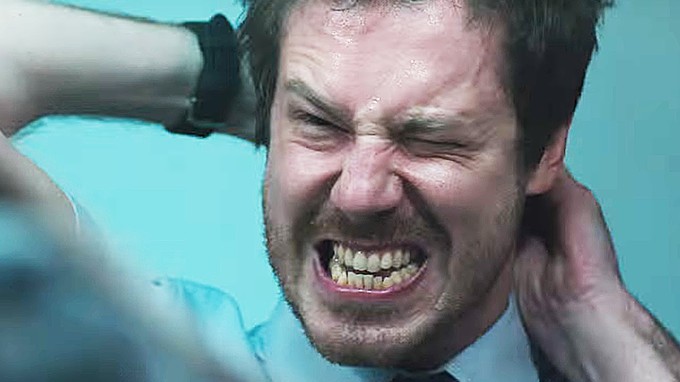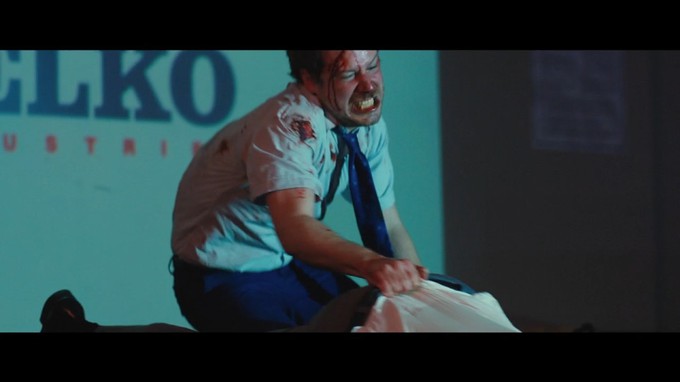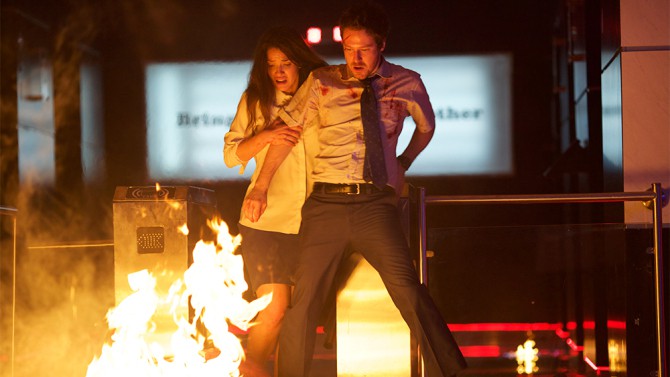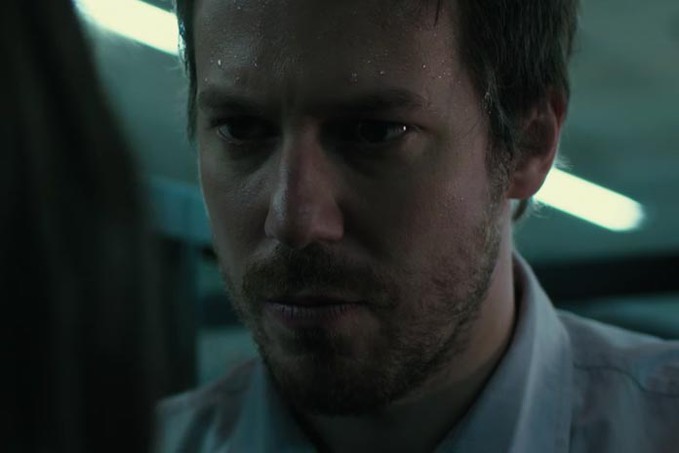Ain't It Cool News (www.aintitcool.com)
Movie News
Capone wonders what it's like to be the one normal dude in an office full of maniacs, with THE BELKO EXPERIMENT's John Gallagher Jr.!!!
Hey everyone. Capone in Chicago here.
Readers Talkback





